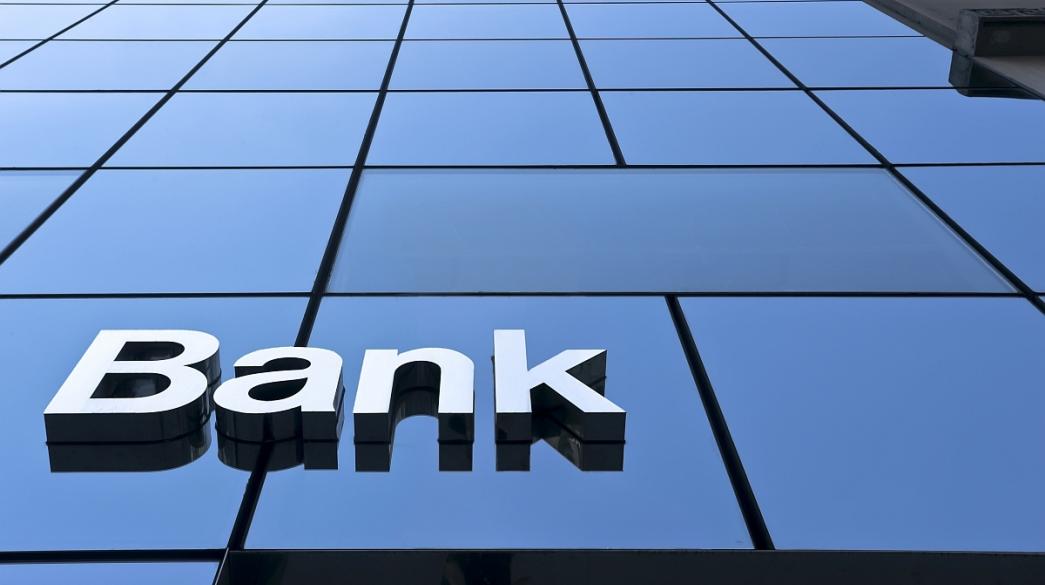Greece has submitted to European bank authorities an update on its Hercules Asset Protection Scheme in a bid to get the green light on a crucial detail that may determine the success of the proposal.
The move aims to meet demands made by the European Central Bank (ECB ) calling for additional guarantees to be provided for the securitized assets to carry a zero risk weighting amidst resistance from Greece to put up cash to meet this condition. Above all, the updated plan aims to solve a crucial technical problem: avoid triggering the negative pledge clause included in Greek government bonds in a development that could have serious consequences for the economy.
For months now, the Single Supervisory Mechanism (SSM) has raised objections to requests from Greek lenders calling for the securitized state-backed assets to carry a zero risk, due to the fact the country's credit rating is not of an investment grade. In a bid to class the bonds as a zero risk-weighted asset (RWA), the regulator has been asking that the state guarantee be backed by cash amounts put aside by the Greek government from its reserves.
However, this would create big problems for banks and public debt as additional state guarantees may trigger the negative pledge clause included in Greek government bonds issued as part of a PSI bond swap completed in 2012. This clause prevents Greece from incurring new debt, or back third party obligations, based on its assets. Violating this clause amounts to a default event.
According to sources, the new proposal offers cash collateral on state-backed bonds, in order to secure a zero risk, but this will be done indirectly, avoiding the possible triggering of the negative pledge (or any impact on public debt) via the ISDA Deposit. This mechanism allows for automatic settlement of amounts in the event of extreme negative developments, meeting the ECB's demands.
Sources close to negotiations said that the proposal technically meets the necessary conditions so that the Hercules plan can be operational and efficient.
Why RWA is important
Bank officials point out that planning for the implementation of large securitizations, sales of bad loans via Hercules are based on the condition that they will classified as a zero RWA.
Except for Eurobank, which uses the advanced internal ratings-based (IRB ) methodology to calculate capital needs, the other systemic banks - Alpha Bank, Piraeus Bank and National Bank of Greece - use standardized methodology that is more limiting: either the bank regulator accepts the state guarantees with a zero risk, or it doesn't and the RWA will be at 100 percent.
Such a development would create serious problems for the implementation of the Hercules plan, which aims at helping banks sharply reduce bad loans via securitizations, as more capital will be needed to cover the securitized amounts.
YIANNIS PAPADOGIANNIS









